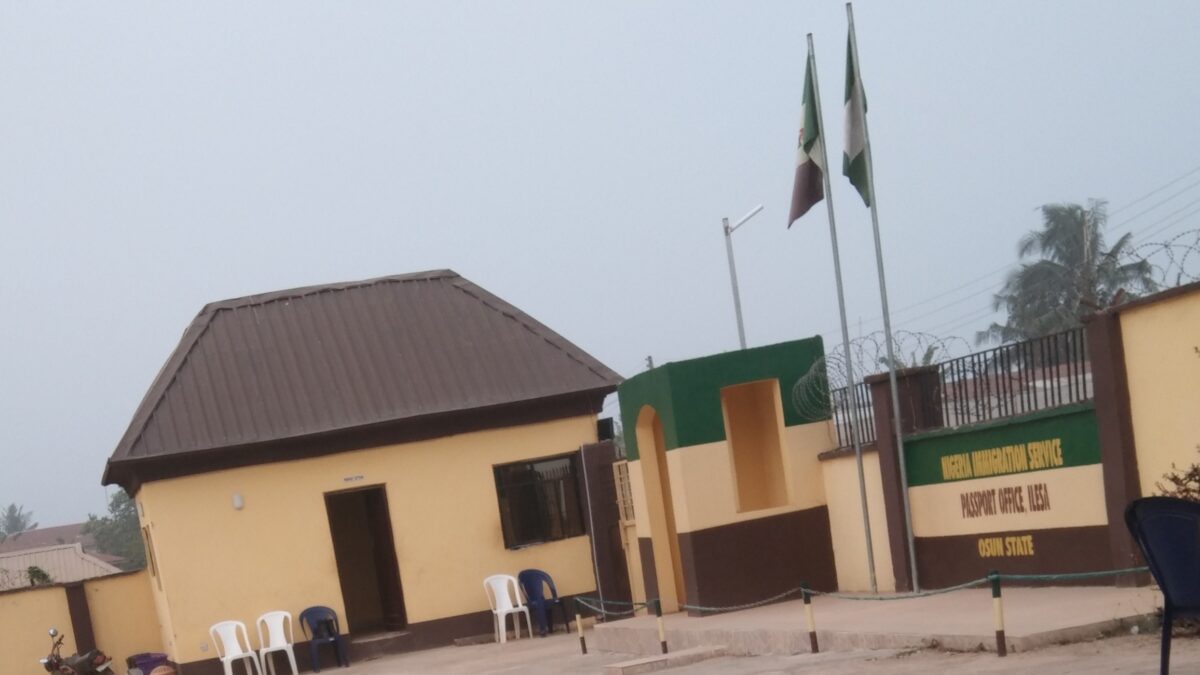For two weeks now, the Federal University of Technology Akure (FUTA) students have experienced water scarcity due to power outages, and the university management has blamed it on the increased electricity tariff for Band A customers.
On April 3, the Nigerian Electricity Regulatory Commission (NERC) announced a hike in the electricity tariff from N66 per kilowatt-hour (kw/h) to N225 for Band A customers. After this was implemented, FUTA students began to experience power outages and water shortages.
READ ALSO: ‘I May Have to Say Goodbye to Education’ — UI Students Lament 450–750% Fee Hike
Malomo (not real name), a 300-level student of the department of animal health and production, told FIJ that the school management announced to students that it could not afford to continue paying electricity bills with the increased tariff.
Malomo and other students have gone from enjoying a stable power and water supply to power outages and water shortages.
The availability of water on campus relies on power. However, since the power supply is now being rotated, the school can no longer pump water into the reservoirs as often as they used to, thus contributing to water shortages.
Malomo told FIJ that the water from the wells was not clean enough and so many students relied on water from the borehole.
READ ALSO: Over 30 UNILAG Students Faint, Sustain Injuries During GST Exam Stampede
Every day in the last two weeks, she has been waking up as early as 2 am to fetch water from the borehole reservoir.
“We used to have stable electricity. Sometimes, we could have light all day, and we never had water problems. Now, we only have light from 8 am to 1 pm, and I have to wake up as early as 2 am to fetch water,” Malomo told FIJ.
She added that when the borehole reservoir in her hostel runs out of water, they must walk long distances searching for water, which makes her worried about students with ill health.
“I am scared for students with ill health because the struggle for water is not an easy one, and they may slump while searching for water, or their conditions may deteriorate. Even when there was no issue with the water, students fainted,” she added.
Water shortages are not the only problem FUTA students have faced on campus since the increased electricity tariff was implemented. Students’ reading culture is also being threatened.
Many students who used to go to lecture halls to read at night and those who read in their hostels can no longer do so due to power outages.
“We can no longer attend night class because we don’t enjoy a stable power supply at night. It is also not convenient to read in the hostels at night. Without electricity, we are stuck with using lamps or phone flashlights to read, and you can’t compare reading with electricity to reading with a lamp,” Malomo told FIJ.
Jare (not real name), who lives off-campus, told FIJ that the power outages on campus also affected him.
“Some of us also rely on electricity on campus to charge our devices before going home, but we can no longer do this. We also cannot come to school for night class to read as we used to,” said Jare.
‘IT IS BEYOND US’
When contacted, David Oke, the Dean of Student Affairs at FUTA, told FIJ that these challenges plaguing the students were not the fault of the university management but were due to the increased tariff.
“These issues are beyond us. The increased tariff is the genesis of the university’s power outages and water shortages. The electricity bills the university would accrue in a month are beyond us,” he said.
“We usually pump water regularly before but can no longer afford to do so anymore.”
He added that the university management was working to secure other alternatives for power supply.
“We are trying to find solutions to these challenges by providing other alternatives. We are working to purchase generators that would be dedicated to pumping water. We are also looking to equip lecture halls with solar electricity. We have got a contractor, but we cannot deliver them immediately.”
Subscribe
Be the first to receive special investigative reports and features in your inbox.















